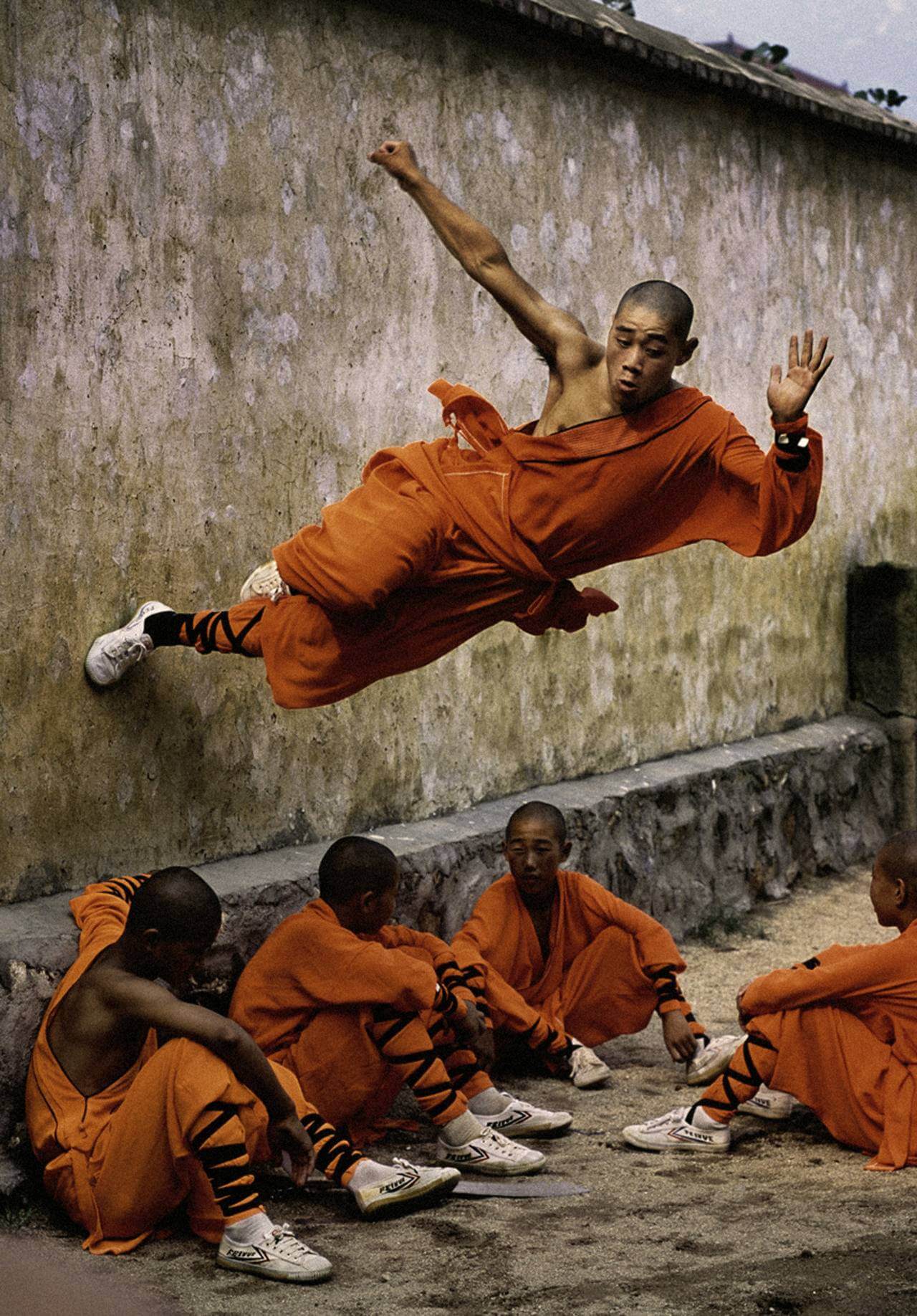Did you know that the etymology of the word “passion” comes from the Latin origin “pati”, which means “suffer”?
With this new understanding
The elusive void that artist often call “melancholia” can birth a new brand of intelligence. Once we unearth these very old parables and decipher their true meanings, we can finally transcend the limiting beliefs. Transcendence never negates what has come before; it always finds a way to integrate its true value while at the same time adding new dimensions and insights to the original form it also, by the way, deletes all the stuff that is unnecessary. To be an artist is to be consumed by this need to create, which ultimately manifests in us a strong desire to express this unknown stirring of emotions.
To unveil this fundamental truth, we have to reach back into our memories
We try to clone this sacred experience hundreds of ways just to relive these moments, to bring the intangible into the material, yet we are always dissatisfied with the results. As children, we simply go back on that swing. Unfortunately, as adults, much of it is synthesized through the food we ingest – something that is deeply linked to our survival as a species: The fear of lacking. Once our primal fears are reawakened, they make us hoard any substances to avoid decay, which turns out, precipitate decay. These seedling fears are deeply embedded in our genes and are always metamorphosing themselves through addictions we carry into adulthood – Addictions that are cloaked under the veil of passion. Being attentive to the cause – the realization that the madness of many artists is rooted in consumption becomes your only salvation.
And so we start to remember these strange words: sacrifice and suffering. We realize how these two words govern the world of passion. To bring about transformation, you can now graft new shoots on these old roots. You have to embrace your suffering (your passion) in order to use it to serve the good. Hence, you have to sacrifice passion to end the suffering. We wonder why humans are forever spinning inside that hamster wheel, and there, buried in old deformed religious texts and words, truth is revealed to us.
Tash’s Salt.

